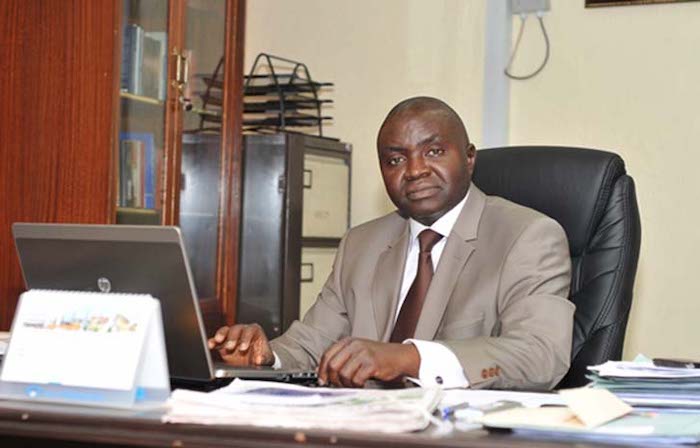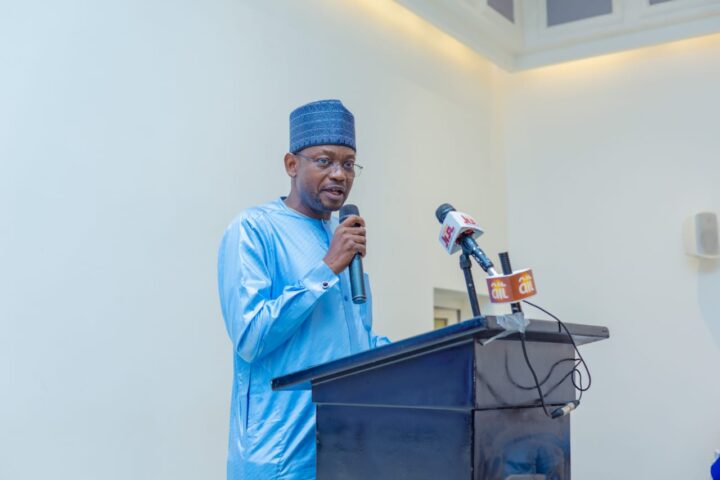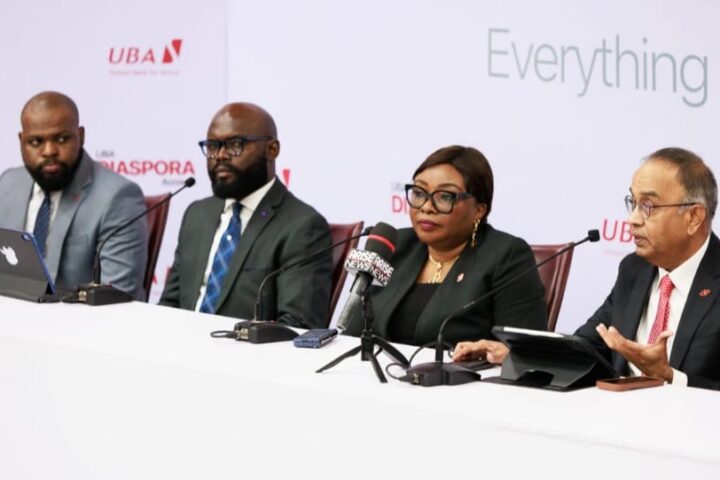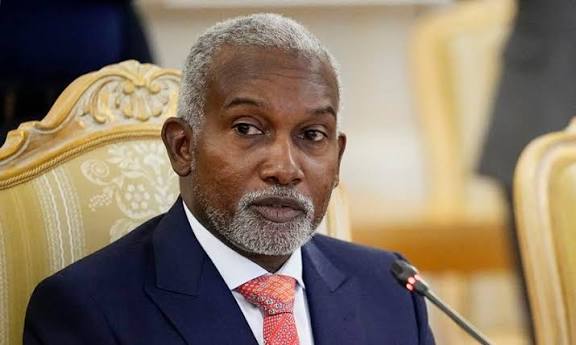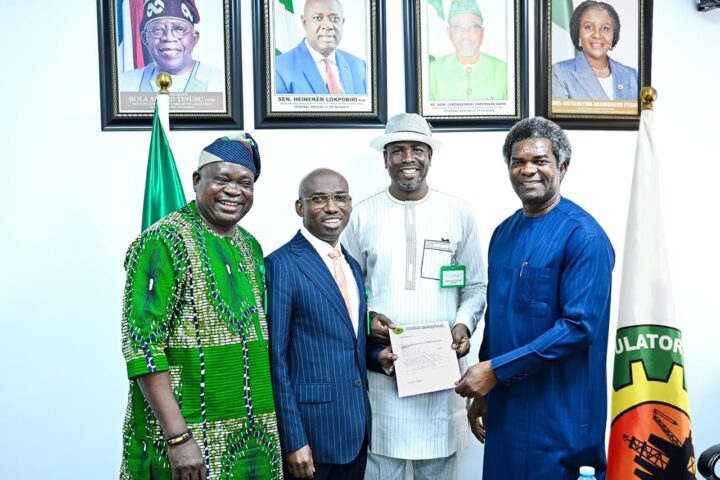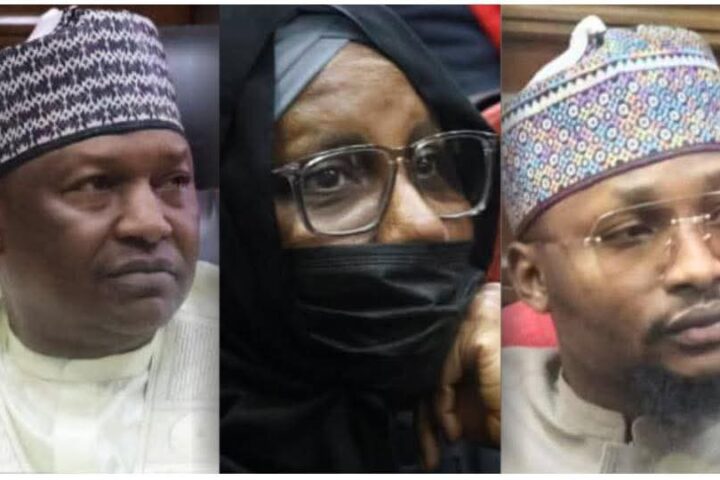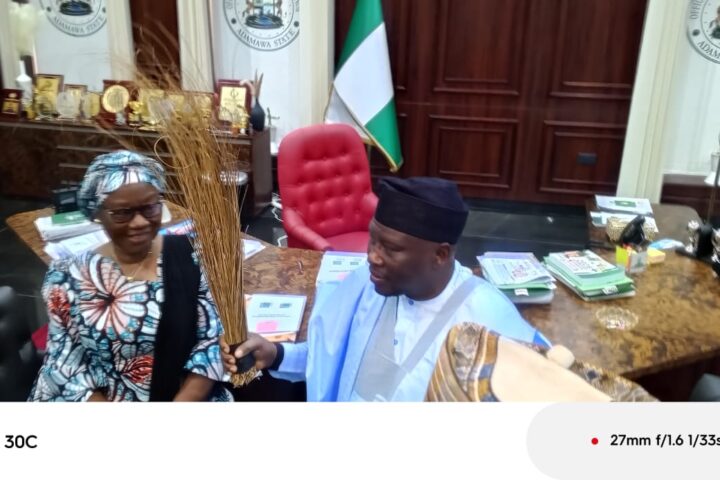Mohammed Shosanya
The Centre For The Promotion of Private Enterprise,has advocated the need for the Federal Government to review to review of Expatriate Employment Level it introduced to promote the localization of skills and economic growth in the country.
The Centre also advised the government to review the policy and undertake broader consultation to fine tune the policy to ensure that the country does not hurt genuine investors in the country.
Dr.Muda Yussuf,the Chief Executive Officer,said in a statement that it was it also important for the country to worry about the implications of possible diplomatic reciprocity, especially for our diaspora community.
Lamenting the the time line for compliance of the policy is too short,Yussuf maintained that for such a major policy shift, companies needed to be given minimum of six months.
He added:”This would be very disruptive for their businesses, plans and projections. Some of the companies affected are major investors that have investment billions of dollars and have been in Nigeria for decades. This administration, being an investment friendly regime, should give companies more time.
“The country needs more direct investors than portfolio investors at this time. But ironically, both foreign direct investors and domestic direct investors would be more negatively impacted than portfolio investors. The economy needs more investors in the real economy – oil and gas, manufacturing, infrastructure, mining, ICT, Healthcare – all of which require varying skills and competencies.
“The truth is that major Foreign Direct Investments will typically come some critical staff to oversee their investments. It is imperative to give some consideration to this class of investors, given the scale of their investments which could be in billions of dollars.
“The challenge of influx of foreigners, especially the unskilled ones are more pronounced in some sectors than others. Vulnerable sectors include construction, distributive trade, hospitality and logistics. The policy should be targeted at these more vulnerable sectors”.
He said,the policy may trigger reciprocal actions from other countries and this may affect Nigerians in diaspora.
He also said,there are currently over 17 million Nigerians in various countries around the world doing well in various fields,adding that the country has the highest diaspora remittances on the continent, generally in excess of $20 billion.
Nigeria has the largest diaspora population in Africa,he said,stressing that all of these could be at risk as a result of this policy
He added:”If the reciprocity policy is activated in any of their host countries, the effect on our diaspora citizens will be very devastating. Nigeria occupies a leadership position in Africa and very well respected.
“Our president is the current chairman of ECOWAS. This policy does not make an exception for our African brothers and neighbours. This is coming at a time when the African Continental Free Trade Area [AfCFTA] is gaining traction.
“This policy could be a major setback for the continental economic integration vision. Besides many of our citizens are in many African countries. They may be victims of a reciprocal actions by other African countries”.


